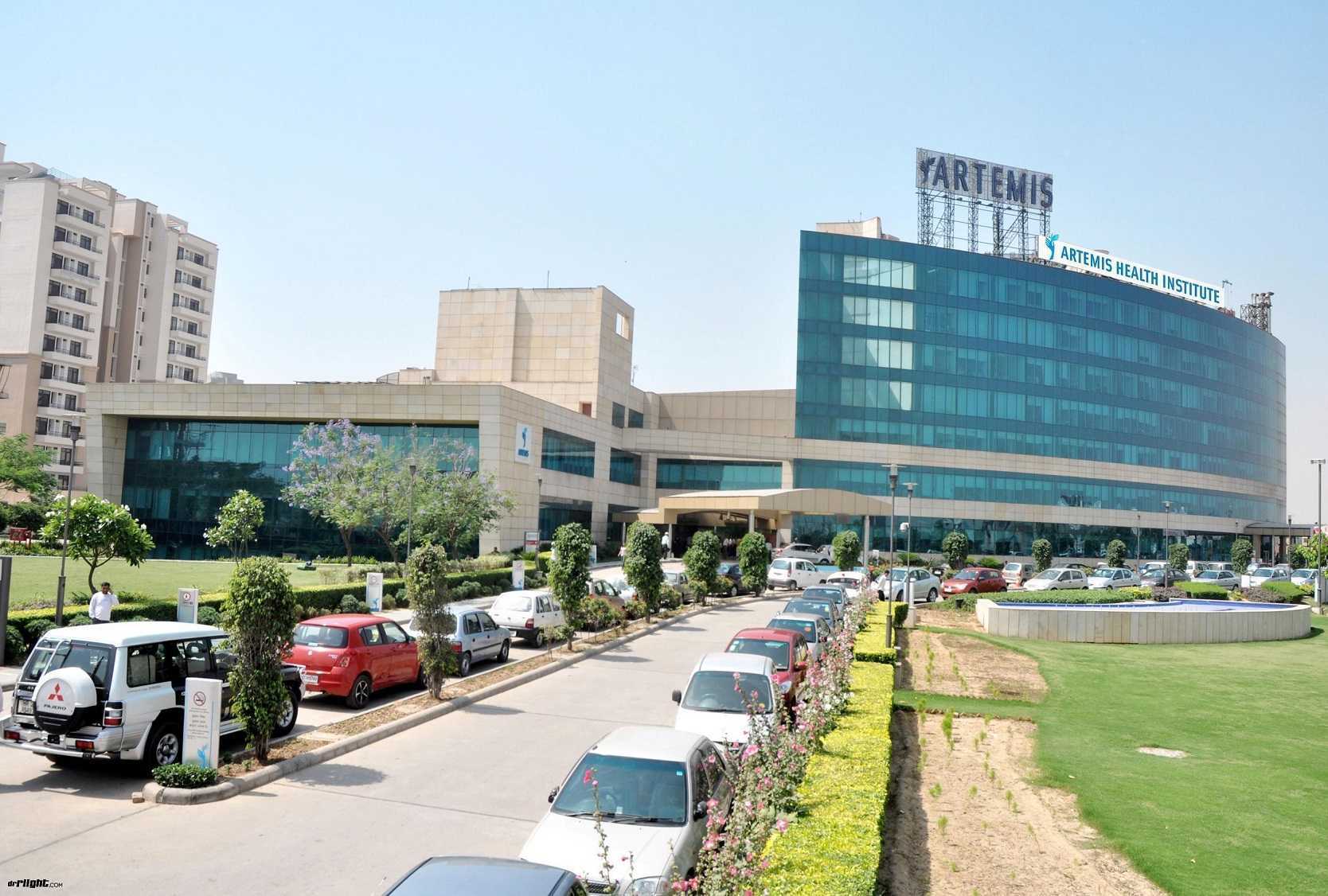Glomerulonephritis: Why Pathology Occurs and What Are the Ways to Treat It
Glomerulonephritis is a pathology hurting the kidneys. It damages the small kidneys filters, harming and deforming them. Consequently, the body’s unable to remove excess liquid and waste products. In later stages, disease becomes a breeding ground for kidney failure development.
Excess fluids are removed from the bloodstream by special kidney structures. With this pathology, it doesn’t happen, provoking harmful substances accumulation in the blood.
With regard to disease classification, glomerulonephritis can manifest itself as acute – a sudden pathology developing and progressing rapidly. If disease proceeds “sluggishly”, asymptomatically and not soon, while continuing for a certain time, a person is dealing with chronic pathology manifestation.
Causes of glomerulonephritis occurrence and development
It’s difficult to single out a cause of glomerulonephritis development.
- Genetic features – disease is inherited; nevertheless, it’s extremely rare for glomerulonephritis.
- Pathology develops against the Goodpasture’s disease background – an ailment damaging the lungs and kidneys.
- Virus enters the heart valves and progresses there.
- Pathology development with more serious infections, in particular, HIV, pharyngitis, hepatitis C and others.
- Inadequate immune system functionality, making it difficult to resist disease “attacks”.
- Person suffers from rare pathologies provoking vessels inflammation.
- After the certain illnesses pass, the kidney filters begin to scar, being the glomerulonephritis development basis.
Glomerulonephritis symptoms
Glomerulonephritis, mostly, doesn’t manifest itself. Nevertheless, some following symptoms may indicate pathology presence:
- bloody discharge in urine;
- urine takes on a brown tint, or becomes reddish-pink;
- lethargy and fatigue;
- nausea bouts;
- itchy rash on the body;
- breath shortness and hypertension;
- pain in stomach and joints;
- infrequent urination;
- heavy swelling;
- urine may foam;
- spasms.
Glomerulonephritis diagnosis and treatment
Because illness can be asymptomatic, diagnosis of glomerulonephritis is frequently made looking for other pathologies. Suspicions regarding the disease presence can be tested by following methods:
- blood test – doctor checks the creatinine rate;
- taking urine for analysis – chequing blood or protein in the urine;
- renal tissue biopsy;
- ultrasound – determination of organ sizes and other problems.
Glomerulonephritis treatment doesn’t always take place. Based on the affection degree to kidney filters, the following can be prescribed.
- Life mode adjustment and nutrition recomposition – protein products decrease, potassium and salt minimization.
- Corticosteroid drugs prescription.
- Dialysis procedure – blood purification, excess liquid removal and pressure stabilization.
- Diuretics – puffiness removal.
- Meds for immune system strengthening.
- Blood pressure inhibitors.
- Plasmapheresis – filtering the blood for removing protein.










